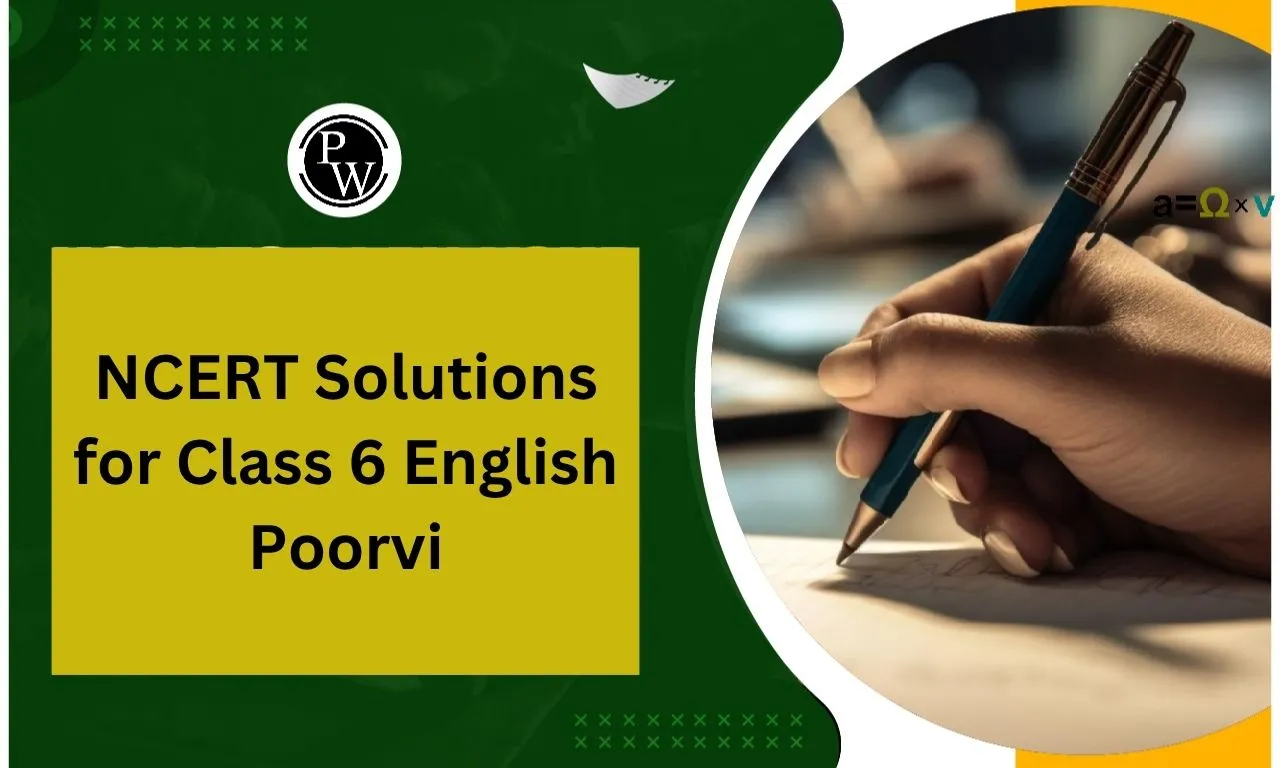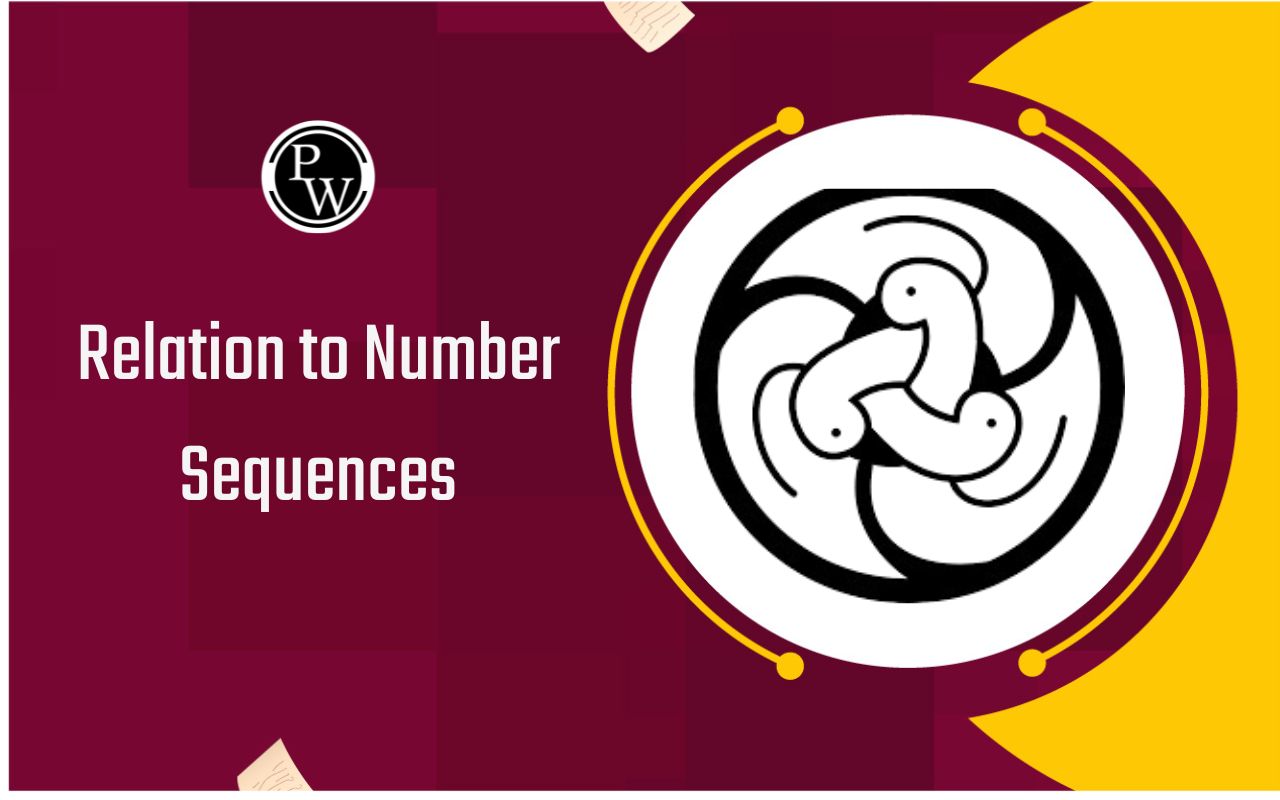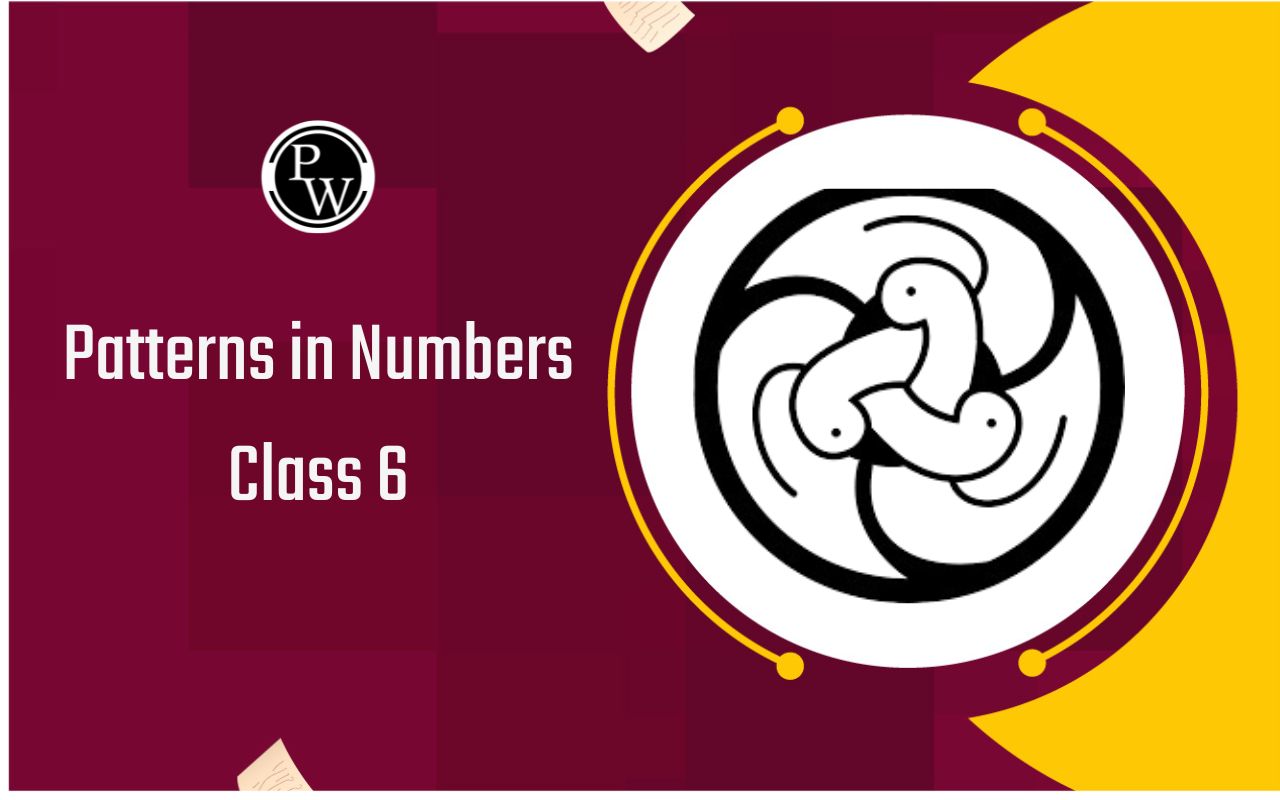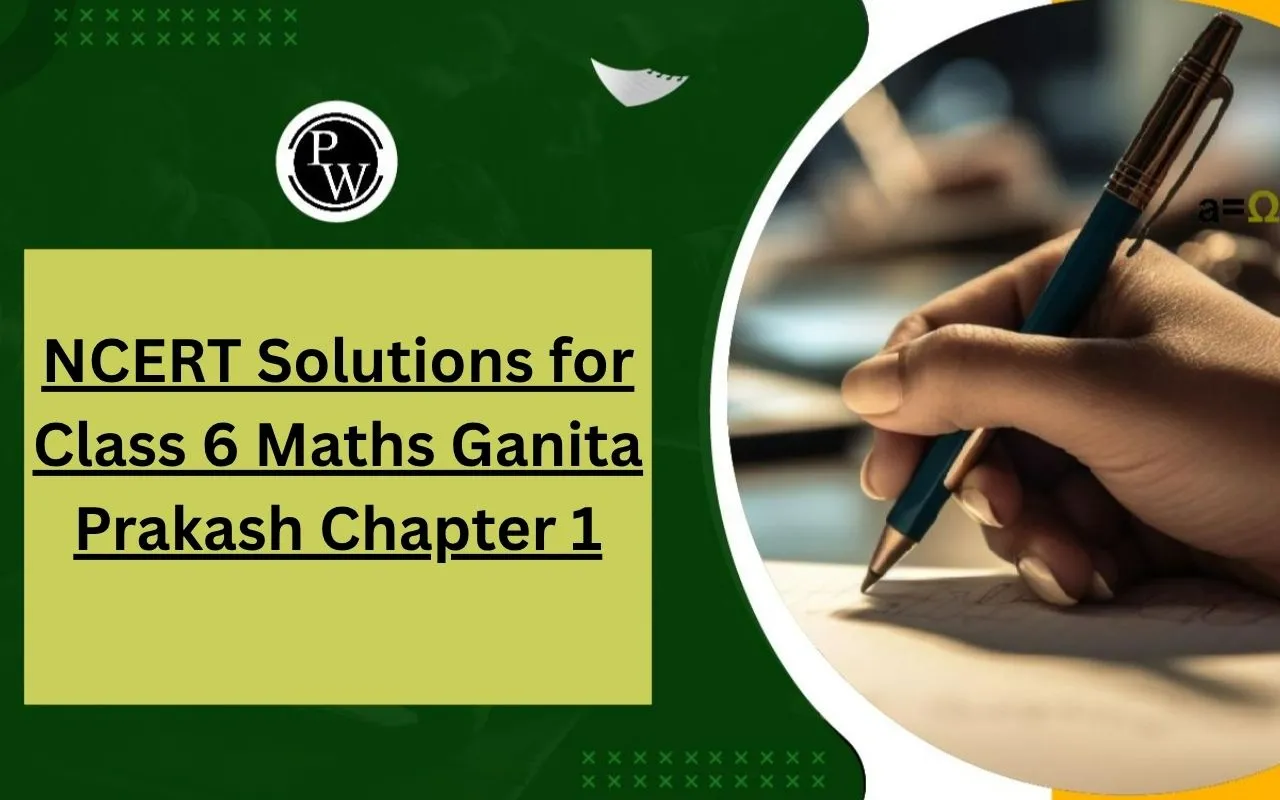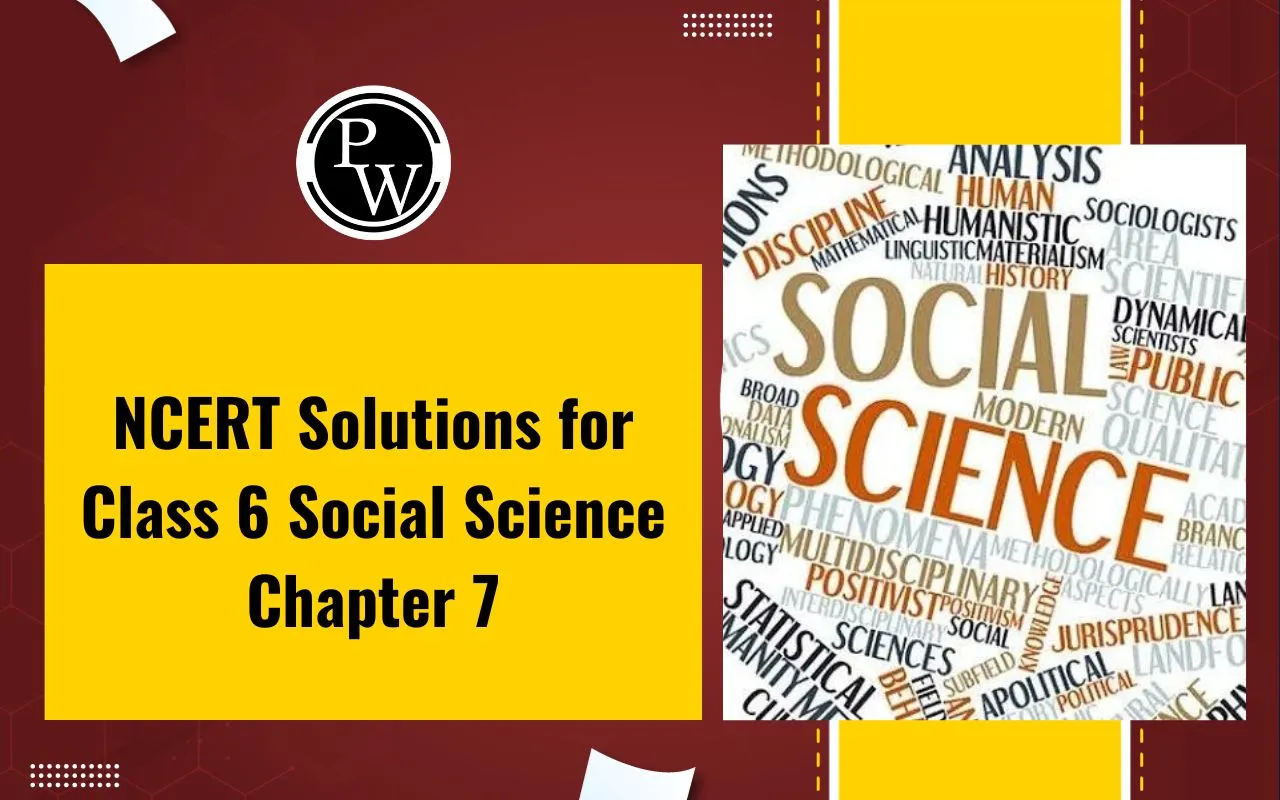
NCERT Solutions for Class 6 English Honeysuckle Poem Chapter 4
NCERT Solutions for Class 6 English Honeysuckle Poem Chapter 4 prepared by a team of experts at Physics Wallah is an analysis of John Keats’ poem and it’s an elaboration of the message carried by it. The poet emphasises on how beauty exists all around us and how despite that, we fail to notice it. Beauty exists in the most common of things like the growing of corn or the rays of the sun and yet, we don’t notice it. If someone were to ask us what the things are we find beauty in, our reply would probably be a cynical, “Isn’t the list too long?” However, John Keats shows us how all the things around us like the sun, the birds, the trees, the mountains, kind gestures and even the happy moments we enjoy have their own beauty. He underlines how beauty is all around us.NCERT Solutions for Class 6 English Honeysuckle Poem Chapter 4 Beauty
The NCERT Solutions for Class 6 English Honeysuckle Poem Chapter 4 given here by Physics Wallah are in very simple English which makes sure that students find interest in the chapter. The simple language used to explain the message of the poem makes it easily comprehendible for even the weaker students. Our solutions ensure that students form a clear and deep understanding of the profound message John Keats gives out in his beautiful poem, Beauty. The easy solutions from the house of Physics Wallah pique the interest of the students in the message of the poem. Once that’s done, it becomes much easier for them to understand what’s being said in the poem which again helps them form their own answers using our solutions as an effective reference tool. We have also given the students the option for free NCERT Solutions for Class 6 English Honeysuckle Poem Chapter 4 PDF download to help them access the solutions anytime, anywhere. It’s a major boost to the chances of students in remote places and those with limited financial means doing well in the exams. Here are Physics Wallah’s solutions for Class 6 English Honeysuckle Poem Chapter 4. Good luck!NCERT Solutions For Class 6 English Honeysuckle Poem Chapter 4 PDF Download
1. The Poet Says, “Beauty is Heard in …” Can you hear beauty? Add a sound that you think is beautiful to the sounds the poet thinks are beautiful. The poet, Keats, said: Heard melodies are sweet, But those unheard are sweeter. What do you think this means? Have you ever "heard" a song in your head, long after the song was sung or played? Ans: Yes, we can hear beauty. The melodious sounds of birds chirping during the dawn and dusk. The lines: "Heard melodies are sweet, but those unheard are sweeter" are taken from a poem named "Ode on a Grecian urn" and is written by John Keats. This means that whatever we hear (which is already created) is definitely sweet but the one which comes from within and is never heard before is much more sweet and soothing. Yes, I have heard a few such songs in my head long after the song was played. 2. Read the First and Second Stanzas of the Poem Again. Note the Following Phrases. Corn Growing, People Working or Dancing, Wind Sighing, Rain Falling, a Singer Chanting These Could be Written As Corn That is Growing People Who are Working or Dancing Can You Rewrite the Other Phrases Like This? Why Do You Think the Poet Uses the Shorter Phrases? Ans: Yes, the Phrases Can be Written As:- Wind that is sighing
- The rain that is falling
- A singer who is chanting
CBSE Board Exam Centre List 2024
NCERT Solutions for Class 6 English Honeysuckle Poem Chapter 4 Important Questions and Answers
Question 1. What is Beauty according to the poet?(a) According to the poet, beauty is a thing of joy forever.
(b) According to the poet, beauty is everywhere in America.
(c) According to the poet, beauty is lost forever.
(d) According to the poet, beauty is short-lived.
Answer: (a) According to the poet, beauty is a thing of joy forever. Question 2. How did human beings create beauty?(a) Human Beings have created beauty through their good deeds.
(b) Human Beings have created beauty through their unpleasant behaviour.
(c) Human Beings have created beauty through the efforts of others.
(d) Human Beings have created beauty through their muscle strength.
Answer: (a) Human Beings have created beauty through their good deeds. Question 3. When does one feel happy to see the Sun?(a) In the month of June, one feels happy to see the Sun.
(b) In the month of December, one feels happy to see the Sun.
(c) During a solar eclipse with a naked eye, one feels happy to see the Sun.
(d) For the whole day, one feels happy to see the Sun.
Answer: (b) In the month of December, one feels happy to see the Sun. Question 4. What does beauty depend on?(a) Beauty depends on the soul.
(b) Beauty depends on the spirit.
(c) Beauty depends on the mind.
(d) Beauty depends on the eyes.
Answer: (c) Beauty depends on the mind. Question 5. Since when have poets been singing of beauty?(a) Since 1999, poets have been singing of beauty.
(b) Since olden times, poets have been singing of beauty.
(c) Since the world began, poets have been singing of beauty.
(d) Since long poets have been singing of beauty.
Answer: (c) Since the world began, poets have been singing of beauty.| CBSE Syllabus Class 6 | |
| CBSE Class 6 Science Syllabus | CBSE Class 6 Maths Syllabus |
| CBSE Class 6 Social Science Syllabus | CBSE Class 6 English Syllabus |
Benefits of NCERT Solutions for Class 6 English Honeysuckle Poem Chapter 4
There are some ways our solutions to Class 6 Poem English Chapter 4 benefit you. We have elaborated how you gain by referring to our solutions below. a) Our solutions are written in simple English making them easy to understand. Since they are easy to understand, students can form clear concepts about the message the poem gives out. b) We have followed the CBSE guidelines while compiling the answers which make it possible for students to get habituated to writing the answers in the pattern the Board prefers. c) Our solutions elaborate the message John Keats shares in his poem “Beauty” which makes it much easier for the students to form a clear understanding of the concepts and form their own answers. d) Since our solutions enable students to form their own answers, the urges to rote learn, so common among many students are eliminated. e) While the answers are detailed, they aren’t lengthy. Hence, it becomes easier for students to learn the answers and remember them. Reproducing them in the exams becomes much less of a challenge.NCERT Solutions for Class 6 English Honeysuckle Poem Chapter 4 FAQs
What does this chapter, John Keats’ poem Beauty teach us?
How can these solutions help me think critically?
Is it possible for me to refer to the Physics Wallah solutions whenever it’s convenient for me?
What’s an effective way to remember these solutions?
How can I form a deeper understanding of what John Keats discusses in his poem Beauty?


